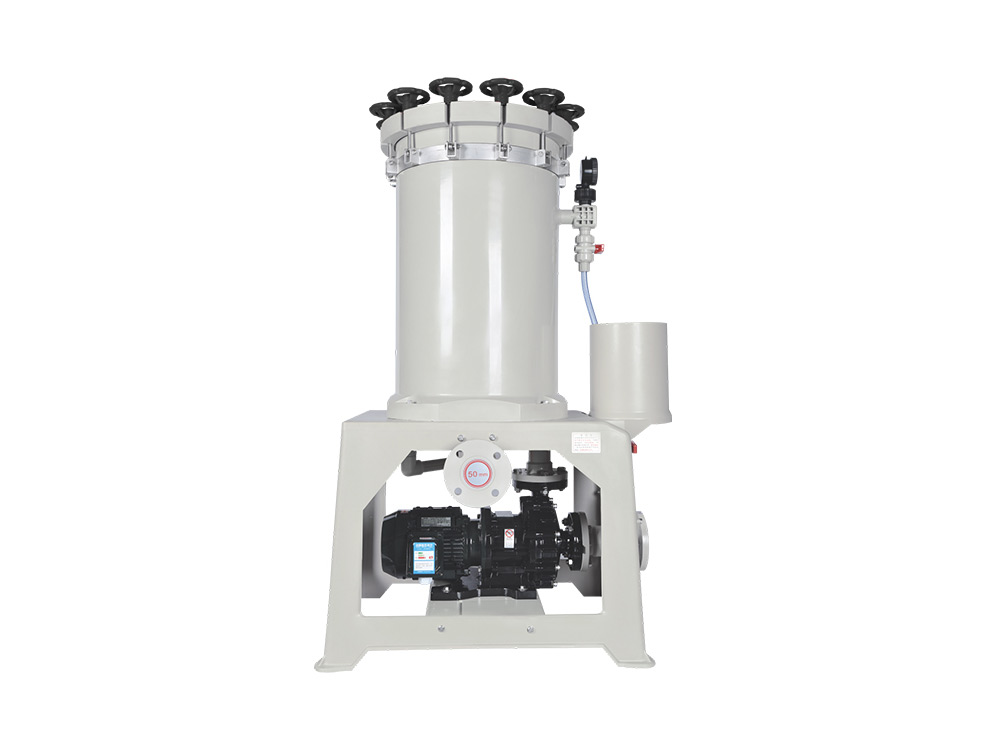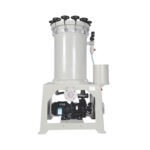
# Chemical Filter: Essential Technology for Air Purification and Contaminant Removal
In today’s world, air quality has become a critical concern due to increasing pollution levels and the presence of harmful contaminants. Chemical filters have emerged as a vital technology in addressing these challenges, offering effective solutions for air purification and contaminant removal.
## Understanding Chemical Filters
Chemical filters are specialized devices designed to remove gaseous pollutants and chemical contaminants from the air. Unlike mechanical filters that capture particulate matter, chemical filters target volatile organic compounds (VOCs), odors, and other harmful gases. They are widely used in various industries, including manufacturing, healthcare, and residential settings.
### How Chemical Filters Work
Chemical filters operate through a process called adsorption, where gas molecules adhere to the surface of a filter medium. The most common materials used in chemical filters include activated carbon, zeolites, and potassium permanganate. These materials have a high surface area and porous structure, enabling them to trap and neutralize a wide range of chemical pollutants.
#### Key Applications of Chemical Filters
– Industrial Air Purification: Chemical filters are essential in industries where toxic gases and fumes are generated, such as chemical manufacturing and automotive production.
– Healthcare Facilities: Hospitals and laboratories use chemical filters to maintain sterile environments and remove airborne pathogens.
– Residential Air Purifiers: Many home air purifiers incorporate chemical filters to eliminate odors, smoke, and VOCs, improving indoor air quality.
## Benefits of Chemical Filters
Chemical filters offer numerous advantages, making them indispensable in air purification systems:
– Effective Removal of Harmful Gases: They efficiently capture and neutralize toxic gases, ensuring safer air for breathing.
– Odor Elimination: Chemical filters are highly effective in removing unpleasant odors, creating a more comfortable environment.
– Versatility: They can be customized to target specific contaminants, making them suitable for diverse applications.
– Longevity: With proper maintenance, chemical filters can provide long-lasting performance, reducing the need for frequent replacements.
### Choosing the Right Chemical Filter
Selecting the appropriate chemical filter depends on several factors, including the type of contaminants, the volume of air to be treated, and the specific application. It is essential to consult with experts to determine the most suitable filter for your needs.
#### Maintenance and Replacement
Regular maintenance is crucial to ensure the optimal performance of chemical filters. Over time, the filter medium becomes saturated with contaminants, reducing its effectiveness. Periodic replacement or regeneration of the filter material is necessary to maintain air quality standards.
## Conclusion
Chemical filters play a pivotal role in modern air purification systems, offering effective solutions for removing harmful gases and contaminants. Whether in industrial, healthcare, or residential settings, these filters are essential for maintaining clean and safe air. By understanding their functionality and benefits, we can make informed decisions to protect our health and environment.
Keyword: chemical filter

